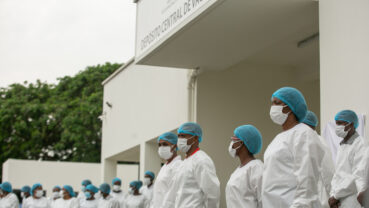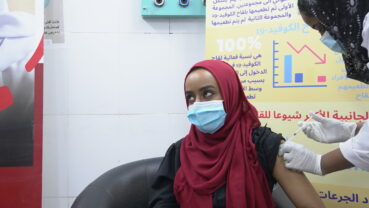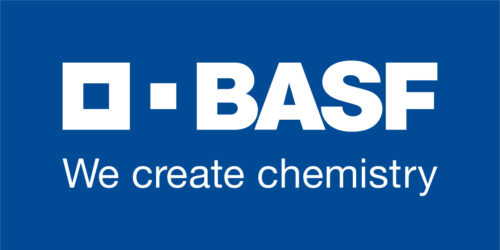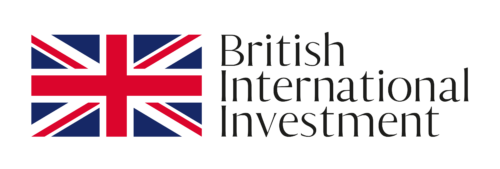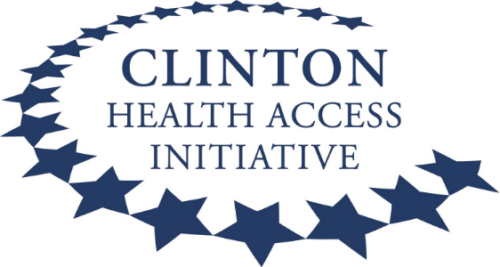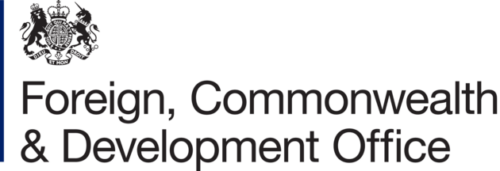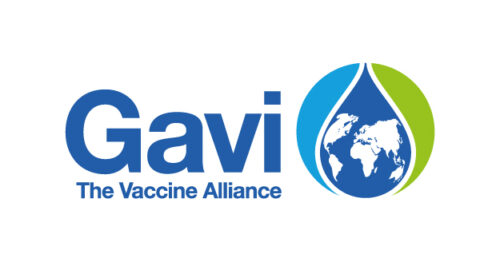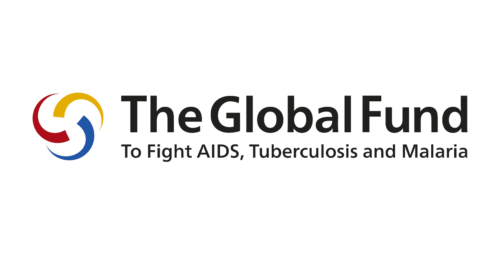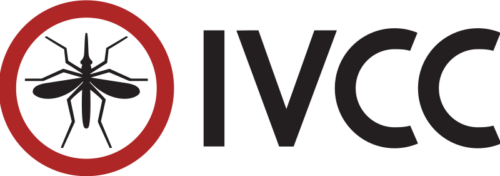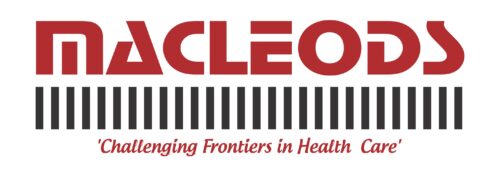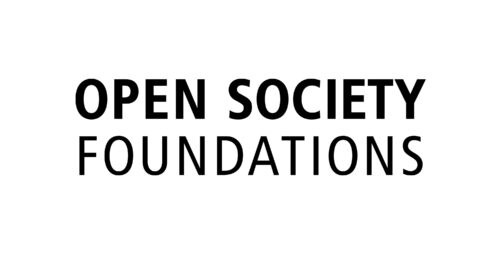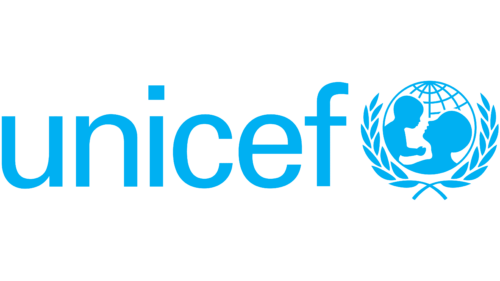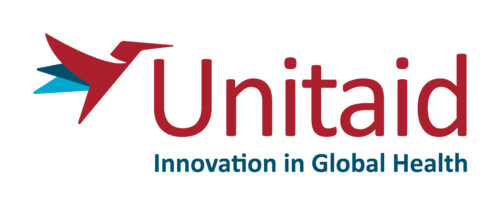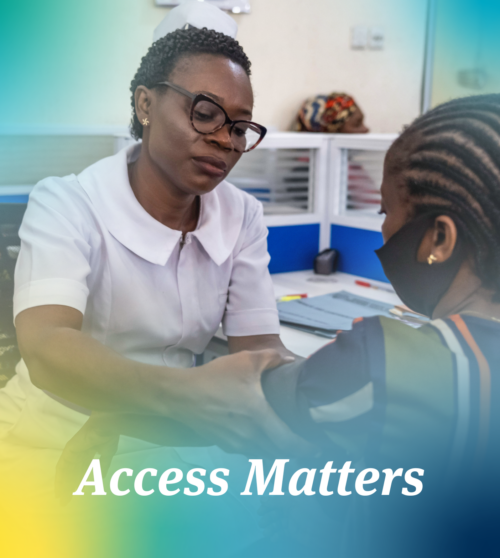Global COVID-19 overview
On 11 March 2020, the World Health Organization (WHO) declared COVID-19 a pandemic. By the end of 2021, it had claimed more than 14.9 million excess deaths, either directly or indirectly. COVID-19 remains the most widespread public health crisis in more than a century.
Initially, the pandemic led to unprecedented scientific, industrial and political cooperation as the world tried to develop vaccines and treatments. However, limited supply, export bans and volatile prices meant many countries were unable to access COVID-19 supplies when needed. Countries were being quoted prices for items at 20 times the price pre-pandemic.
COVID-19 showed the human cost of health inequality. People in some high-income countries received COVID-19 vaccine booster doses before people in many countries in Africa had even received a first dose. It divided the world into the haves and the have-nots in terms of access to essential health products.
“The inequities in access to vaccines in poor countries is one of the biggest, collective global failings of our time.”
Mark Malloch-Brown, President, Open Society Foundations
Our COVID-19 agreements
We had two agreements to accelerate access to COVID-19 products:
- Supporting UNICEF to play a leading role in ensuring access to essential COVID-19 products on top of its regular work providing essential health products.
- Supporting the COVAX Risk Sharing Mechanism to enable 92 of the world’s lowest-income countries to access additional COVID-19 vaccines.
Impact to date:
2.8 billion
syringes for use with COVID-19 and other vaccines supplied
456 million
COVID-19 vaccines and other childhood vaccines supplied
9.8 million
diagnostics and equipment supplied
Case study: Supporting UNICEF to deliver COVID-19 supplies
When the pandemic was declared, UNICEF acted quickly to take a leading role in supplying COVID-19 products on top of its regular work delivering humanitarian supplies.
We worked with UNICEF to provide a procurement guarantee. It enabled the world’s largest procurer of medical products to place bulk orders and accelerate shipment of essential COVID-19 supplies including clinical supplies, diagnostics, oxygen, specialist syringes, and other equipment.
To the end of 2022, the guarantee helped to supply over 2.8 billion syringes for use with COVID-19 and other vaccines and more than 456 million COVID-19 and other childhood vaccines.
“Innovative financing tools are especially critical now in light of the unprecedented global demand for supplies to respond to the COVID-19 pandemic.”
Etleva Kadilli, Director, UNICEF supply and procurement headquarters

